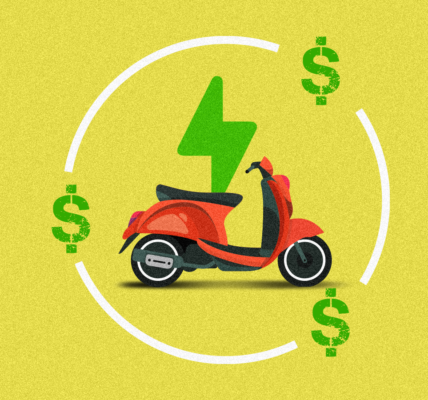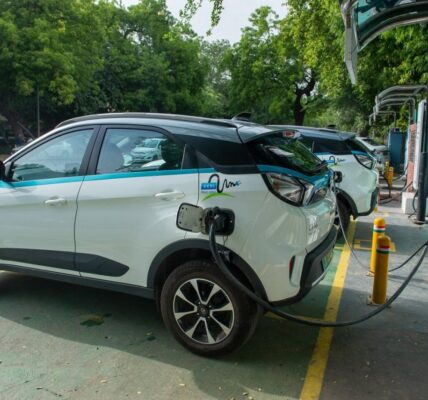Infosys co-founder and Aadhaar architect Nandan Nilekani has predicted recently that India’s energy sector will transform like the Unified Payments Interface (UPI), which revolutionized the country’s digital financial ecosystem.
Nilekani emphasized the increasing role of solar power and energy decentralization in reshaping energy consumption patterns.
Nilekani emphasised the change in energy dynamics by pointing out that historically, customers have been used to buying and storing energy in modest amounts, like LPG cylinders.
But for a long time, people have thought of energy as a centralised utility that is supplied via the grid. With rooftop solar systems and electric vehicle (EV) battery storage, he sees a time when every home produces and consumes energy.
“Every home will be an energy producer because they have rooftop solar. Every home will be an energy store because they will have an EV battery. So, every home is a producer of energy, seller of energy, and buyer of energy. So, like UPI, you will now be able to buy and sell energy,” Nilekani stated.
He further elaborated that this decentralized energy model could pave the way for millions of micro-energy entrepreneurs, fostering economic growth and innovation.
The ability to produce, store, and trade energy at an individual level could significantly enhance energy efficiency and sustainability in India.
UPI’s Global Footprint
As of now, according to the data, seven countries–Singapore, France, the UAE, Sri Lanka, Bhutan, Nepal, and Mauritius–have integrated UPI into their financial systems.
In the fiscal year 2024-25, UPI had impressive transaction volumes. As of January 2025, there were 94.4 billion person-to-merchant (P2M) transactions and 57.0 billion person-to-person (P2P) transactions for a total of 151.5 billion transactions.
The transaction value for the same period amounted to Rs 213.8 lakh crore, with P2M transactions contributing Rs 59.3 lakh crore and P2P transactions Rs 154.6 lakh crore.
Nilekani’s insights underscore the potential for a decentralized energy revolution in India, leveraging technology and innovation to create a more resilient and self-sufficient energy ecosystem, much like UPI has done for digital payments.







